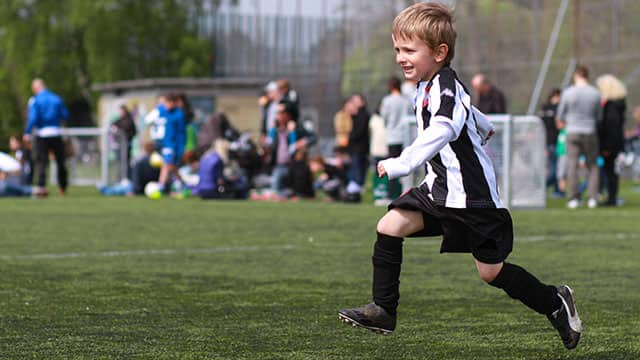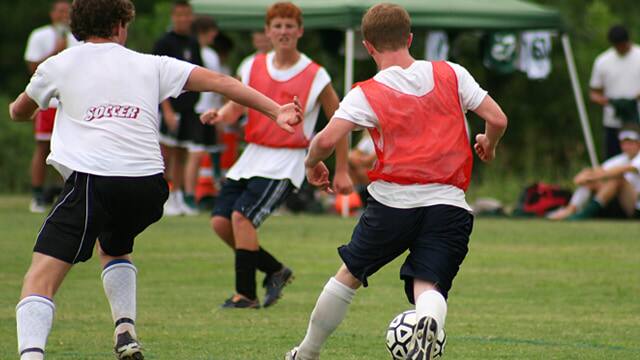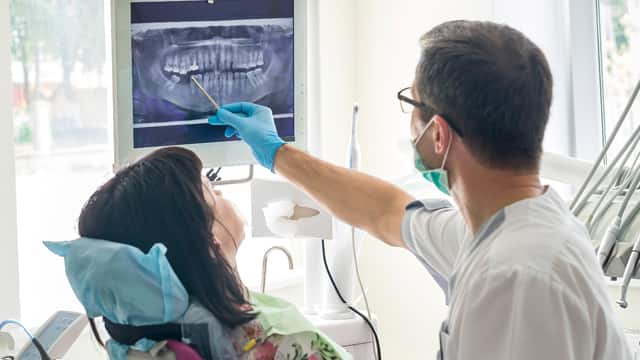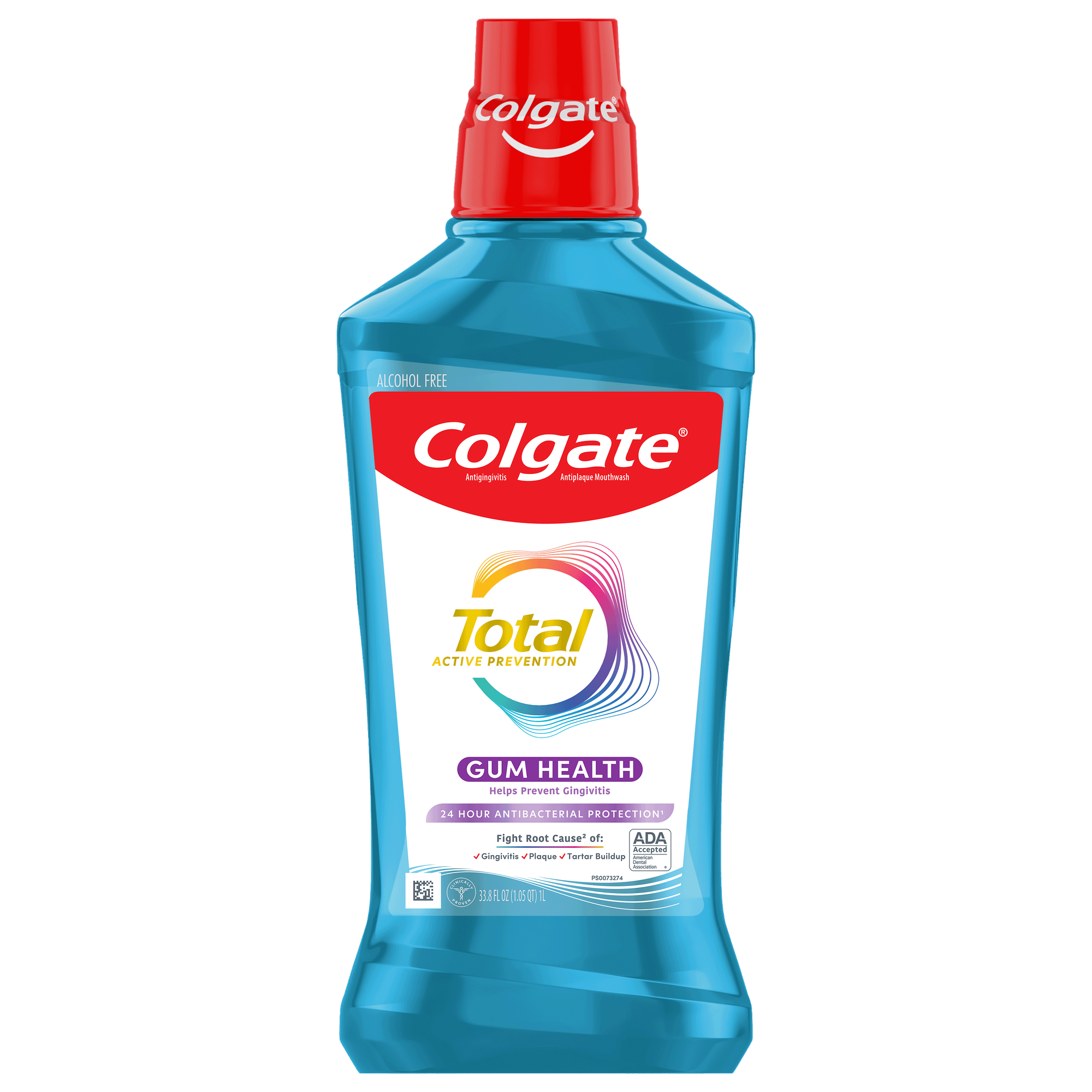One such dental emergency is a fractured alveolar bone. Commonly known as the tooth socket, an alveolar bone that’s broken can lead to teeth misalignment and tooth loss. Since the alveolar bone might not be on your radar, let’s learn more about it, as well as:
- What can lead to an alveolar fracture
- How to protect your mouth (and your kid's mouth) during sports activities
What’s the Alveolar Bone?
The alveolar bone’s main function is to secure teeth to the maxilla and mandible (the upper and lower jaws). Also called the alveolar process, it’s actually two plates – or alveolar ridges – of a bone set in your jaws. The bone helps keep your teeth in their proper places by encasing each tooth's roots.
An alveolar fracture is a displacement of the bone, which research shows can be difficult to diagnose at a glance. So, it's in your best interest to seek a medical or dental evaluation if you experience a blow to the mouth.
An alveolar ridge fracture can also be quite obvious, with the teeth and gums appearing to be pushed back – and bloodied. This usually requires an emergency room visit.
If a tooth is knocked out, the alveolar bone can easily be reabsorbed, causing the tooth socket to close up. That’s why seeking treatment quickly is essential. If a misalignment occurs – whether mild or severe – you’ll do the right thing by getting treated immediately, as well.
What Causes an Alveolar Bone to Break?
When playing sports, a high-speed object or another athlete can impact the right (or wrong) spot against the gumline to cause an alveolar fracture. The impact might occur during such sports-related contact as:
- Football tackles
- Hockey body checks or being hit by a flying puck
- Pitched or thrown baseballs– or an errant bat
- Hits by lacrosse, field hockey, and ice hockey sticks
- Basketball, rugby, volleyball, and soccer collisions or headbutts
- Wrong moves in martial arts and wrestling
- Boxing punches
Of course, some impacts are traditional elements of contact sports. But other blows to the alveolar bone can result from a wayward elbow, foot, or head.
How Can I Protect the Alveolar Bone?
It might surprise you to know that among college athletes, basketball dental injuries topped those suffered by football teams, according to research published in the journal Sports Health.
The conclusion: Football’s mandate to wear mouthguards saves football players’ oral cavities.
Amateur contact sports that involve speed and/or flying objects (including body parts) usually require mouthguards and helmets or faceguards. While other sports encourage other types of injury protection – padding, gloves, shin guards – there’s no mandate for the two protection items proven effective in preventing contact sport dental injuries. And, really, don’t most sports involve some contact?
So, take charge of your and your child’s dental health by investing in mouthguards to wear during sports activities. Your dental professional can create customized mouthguards that fit for optimum protection. And don’t forget helmets for football, baseball, boxing, cycling, hockey, and any sport where there’s a chance of facial or dental injuries.
Alveolar fracture treatment can involve wearing a splint for weeks, getting dental implants, or undergoing surgery (and all of its complications). But you can save yourself the pain, expense, and hassle of these treatments by wearing a mouthguard and helmet to avoid a broken alveolar bone.
Now that you’ve gotten to know an essential bone in your mouth, you can see why it’s important to protect it during various sports activities. And by preventing alveolar fractures, you can continue to reap the benefits of sporting life.
Oral Care Center articles are reviewed by an oral health medical professional. This information is for educational purposes only. This content is not intended to be a substitute for professional medical advice, diagnosis or treatment. Always seek the advice of your dentist, physician or other qualified healthcare provider.
ORAL HEALTH QUIZ
What's behind your smile?
Take our Oral Health assessment to get the most from your oral care routine
ORAL HEALTH QUIZ
What's behind your smile?
Take our Oral Health assessment to get the most from your oral care routine






.png)








